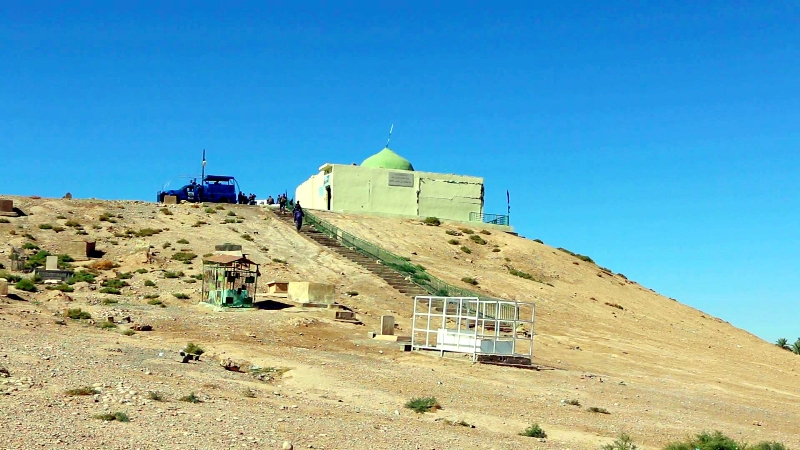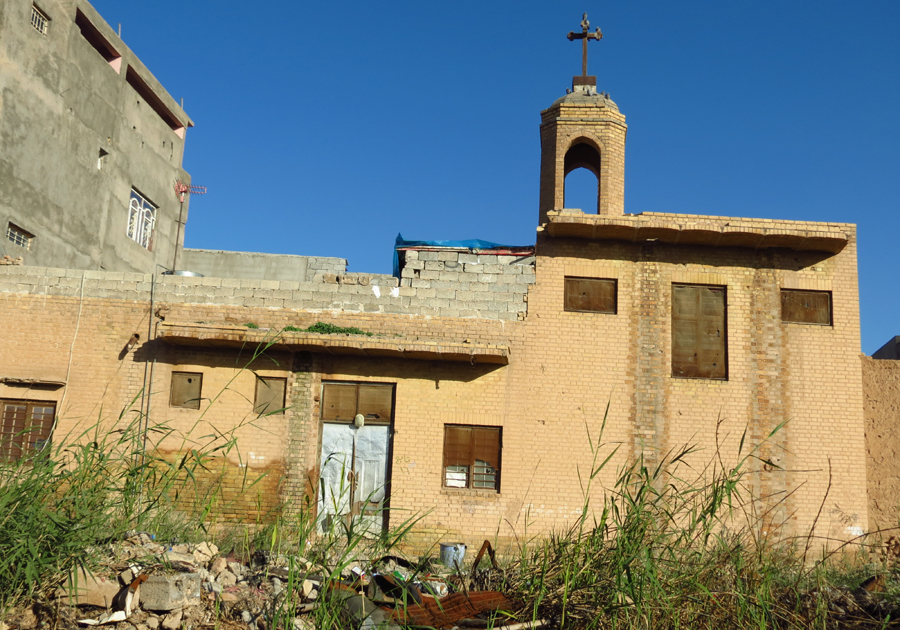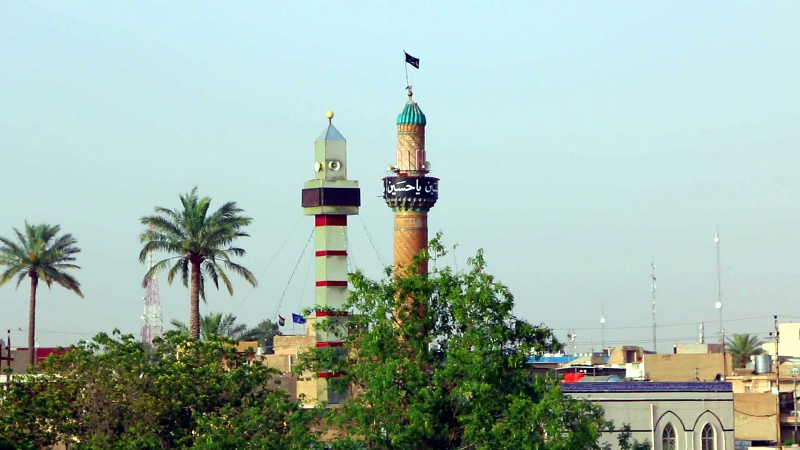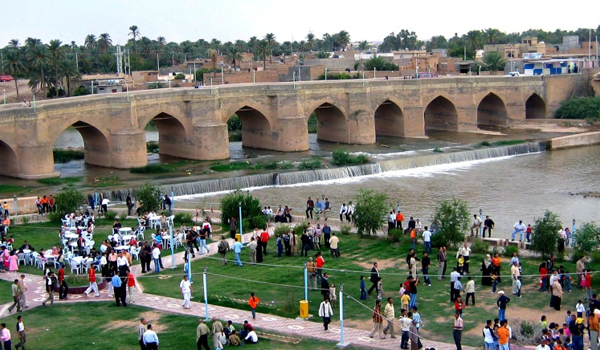The alley where Peroz’s house is located is a small Iraq. She is Kakai and her neighbors are Sunni, Shia and Kurds. Khanaqin has been a stronghold of different religions and ethnic groups’ peaceful coexistence.
Peroz eagerly talks about coexistence and the relations between the neighbors in a district that is politically contested.
“We have no ethnic and religious related problems. I have three daughters who are married to a Sunni, a Shia and a Kakai. This coexistence is not new and is continuous,” Peroz spoke on the history of coexistence in Khanaqin.
Religious and ethnic tolerance of Khanaqin exist at a time when in the last 17 years, the armed groups have targeted the Shia Hussainis and Sunni mosques, and Kakai’s temples, aiming at planting the seed of tensions and hatred.
Khanqin in Diyala province is a disputed district between the central and the regional government. Its inhabitants consist of Sunni and Shia Arabs, Kurds, Kakais. Christians was another ethnic minority of Khanaqin.

“Back then, I had a strong relation with the Christians... many times I went to their churches and prayed with them... they also came with me to Kakai’s temple. Here, we respect each other’s ethnicity and religion.”
People are with each other in good and bad times and participate in everyone’s funeral. “I will never leave Khnaqin unless I die,” Peroz concluded.
The orchards and the graveyards of the Jews, the churches of the Christians, the temples of the Kakais, the Shia Hussainis and the Sunni mosques are convenient evidence for stronghold of tolerance in the district.
Meriam Ishaq claims that she is the only Christian who still lives in Khanaqin. Christians of the district left during the eight-year Iran Iraq war in the 1980s.

Ishaq said, “I have been married to a Muslim man. That is why I did not leave.”
She has been married for 50 years and explains that there is a strong love in her marriage.
“I have not been told a single discriminatory word. Coexistence in this city is a culture and we attend each other’s events such as religious and ethnic ceremonies… I have visited Baba Mahmmod Temple of Kakai many times,” Ishaq stated.
Sarwar Ali, an activist in Khanaqin, believes understanding of people has created tolerance in the district. “The relations between the ethnicities are strengthening which is opposite to some places in which tolerance is weakening,” he said, “the culture of accepting different voices and colors exist and the people do not involve ethnicity and religion in any competition.”

Peaceful coexistence has resulted in marriages among the different ethnic groups of the district.
Sheren Ali, 27, is a Sunni and is married to a Kakai male for four years. “We have a successful marriage. Yes, our religions and traditions are different but have no effects on our relationship.”





